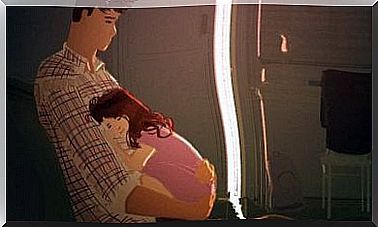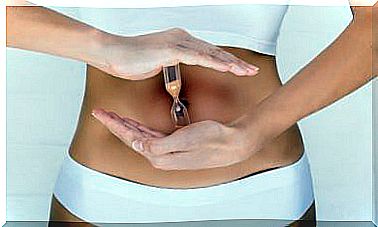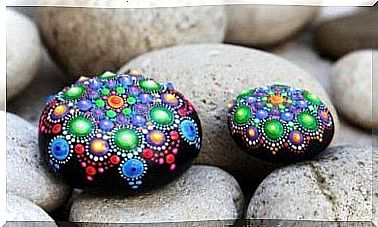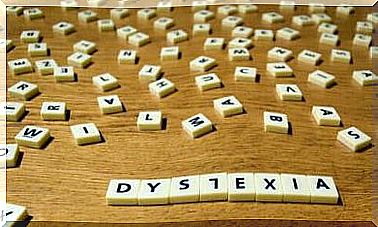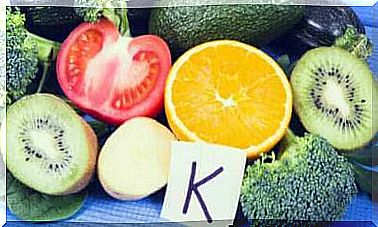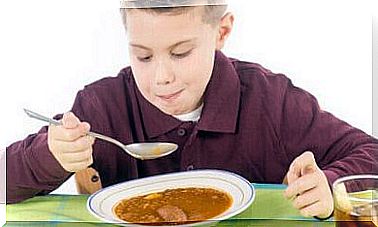All About Constipation During Pregnancy
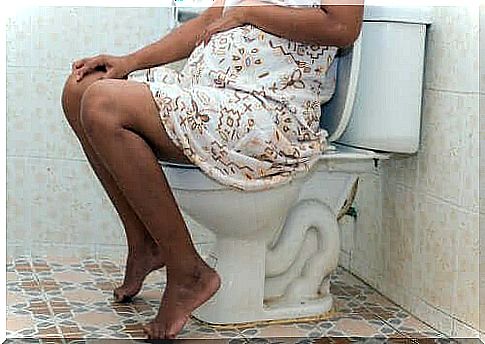
Constipation during pregnancy affects many women. In fact, about 50% of expectant mothers suffer from it. This is not surprising given that a woman’s body undergoes a number of changes during these nine months. With these changes come some digestive problems.
Most people know that many women suffer from nausea and vomiting during the first trimester. And in the same way, it is not uncommon for expectant mothers to experience indigestion, gas in the stomach and even constipation. When a woman has less than three bowel movements per week, it is called constipation, or constipation .
Why do you get constipated during pregnancy?
When pregnancy begins, a number of changes occur in a woman’s body that affect her entire system. One of these is an increase in the secretion of progesterone, an important hormone during pregnancy.
Originally, progesterone is responsible for preparing the uterus to take care of the embryo. At the same time, it promotes the elasticity of the tissues, prevents uterine contractions and protects the fetus by forming the mucus plug. However, progesterone is also responsible for slowing down the digestive process and the flow through the intestines.
Everything about constipation during pregnancy
Another aspect that contributes to constipation during pregnancy is the pressure that the uterus puts on the bowel and rectum. This is especially true during the later months of pregnancy. The movement of food through the digestive tract becomes more complicated and slow.
Anemia is another common problem during pregnancy, when the woman has a greater need for blood and red blood cells to breastfeed her baby. When anemia occurs, it is iron supplements that apply, but sometimes they cause constipation.
If the iron supplements cause constipation, your doctor may choose to reduce the dose or take further action. If anemia is a problem, it is best not to reduce iron intake on your own to relieve constipation. Contact a specialist instead, as there are other solutions available.
Consequences of constipation during pregnancy
That said, constipation during pregnancy is not something you should ignore. It’s not just a matter of discomfort – constipation can have serious consequences for your health.
When constipation occurs, greater effort is required to empty the bowel. As a result, the pressure on the intestinal walls increases, which impedes normal blood circulation. It tends to cause the veins in the area to dilate and lead to varicose veins and hemorrhoids, among other problems.
Sometimes constipation is also responsible for the onset of cystitis and vaginitis during pregnancy. This is because bacterial growth increases due to stagnant stool in the intestine. These bacteria can migrate to the urinary tract and cause infections there.

How to fight constipation during pregnancy?
As we have seen, constipation during pregnancy is the result of many processes that are beyond our control. But there are also effective measures you can take to relieve constipation. One of them is to train regularly and at the same time adapt the training to your own condition and your body’s ability.
Adjusting your diet is another effective way to deal with constipation. If you are experiencing this problem, be sure to eat foods that are high in fiber.
Some options that may be helpful are the following:
- Fruit : For example, oranges, kiwis and grapes.
- Vegetables : Such as spinach, lettuce, green beans or cabbage.
- Legumes.
At the same time, you should also increase your fluid intake. During pregnancy, a woman’s body needs more fluid and as a result, the gut absorbs a greater amount of water. Therefore, the stool becomes harder and the bowel movements become slower.
To alleviate the problem, make sure you drink at least six glasses of water every day.
Conclusion
Constipation during pregnancy is a common problem. Try to eat a diet that is rich in fiber and make sure you stay physically active. If you still cannot get the problem under control, your doctor may recommend a solution.
